An edited version of this article was first published by on Yahoo! Singapore 13 October 2017.
 When Channel NewsAsia producer Juwon Park published the sexist and degrading comments made to her by a co-worker, many online commenters responded with demeaning remarks, blaming Park for not “taking a joke”. They made inappropriate comments about her appearance and women’s bodies, and belittled sexist experiences and sexual harassment commonly faced by women in the workplace.
When Channel NewsAsia producer Juwon Park published the sexist and degrading comments made to her by a co-worker, many online commenters responded with demeaning remarks, blaming Park for not “taking a joke”. They made inappropriate comments about her appearance and women’s bodies, and belittled sexist experiences and sexual harassment commonly faced by women in the workplace.
We cannot dismiss these comments as isolated to the internet. The victim-blaming we see online is very much in accord with what sexual harassment survivors commonly face offline. Such judgmental comments are fuelled by a larger society that still takes workplace sexual harassment lightly. By far, employers can play the biggest role, by addressing workplace harassment fairly when it happens, but also – just as importantly – preventatively creating spaces where workers understand the seriousness of such abuse and are well-equipped to support survivors.
In 2016, the largest category (27%) of calls received by the Sexual Assault Care Centre (SACC) – AWARE’s specialist service for those who face sexual assault or harassment – were by clients whose experiences happened in the workplace or were work-related. Survivors often hear discouraging responses when they speak up about these incidents. Co-workers and HR managers tell them to just deal with it and adjust to the “company culture”, family members tell them to stick it out for the sake of their careers, and friends count them lucky because they can imagine “worse” harassment.
The notion that only physical harassment justifies a formal or public complaint harms many. Sexual harassment extends beyond inappropriate touching and overt sexual advances. There can likewise be an exclusionary effect – a strong message that the workplace is not somewhere women should feel welcome – when a colleague shares topless photos with the department “just for laughs”. Or when a boss asks a new staff member about her sexual history to “get to know” her. Or, in Juwon Park’s case, where a colleague makes degrading comments about her body, appearance and abilities, then casually passes it off as a joke.
In all its forms, sexual harassment creates unsafe work environments and puts survivors in vulnerable positions where their mental and physical health, job security and livelihoods are endangered.
Our laws recognise this, too. Since 2014, the Protection from Harassment Act (POHA) has prohibited acts related to sexual harassment, such as unlawful stalking and sending lewd messages. In 2015, MOM, SNEF and TAFEP issued the Tripartite Advisory on Managing Workplace Harassment, advising employers to develop a harassment prevention policy, provide staff with information and training on workplace harassment, and implement appropriate reporting and response procedures.
Yet the continuing prevalence of workplace harassment – and the numerous negative experiences of SACC clients with employers – suggest that an optional best practice advisory is not enough to tackle the problem. Singapore should go further and, like other business centres such as London and Hong Kong, make it mandatory for employers to have explicit sexual harassment policies, processes and training. Though employers may presently be unfamiliar with such policies and thus reluctant to institute them, tackling harassment decisively will in fact improve staff morale and productivity, and reduce turnover. In the absence of any clear policy reassuring them otherwise, some workers facing harassment have simply silently left their jobs in the belief that their employers will not take their experiences seriously.
Through Catalyse Consulting, AWARE has been running anti-harassment workshops for employers seeking to understand and implement the Advisory’s recommendations effectively. “Disciplinary action” by employers against perpetrators should not be arbitrary or ad hoc, but should be built into a strong company anti-harassment policy that is comprehensive and formalised. At the very least, policies need clear definitions and illustrations of harassing behaviour, a standard and transparent timeline for investigation, procedures for unbiased and sensitive investigations by knowledgeable parties, an avenue for appeals, resources such as professional counselling for the survivor, and corrective actions such as reminding supervisors and staff on their duties regarding workplace harassment, among others.
These best practices could, if universally implemented, greatly improve the landscape of Singapore’s workplaces and prioritise the safety of all workers. Everyone has the right to a safe and respectful workplace. While we cannot remove all misconceptions about sexual harassment overnight, employers can and should be among the first to take the lead.
If you need help, or feel unsure about a sexual encounter, please call Sexual Assault Care Centre at 6779 0282 (Mon-Fri, 10am-midnight). To learn more about Catalyse Consulting’s training on workplace harassment, visit www.catalyse.sg or contact info@catalyse.sg.




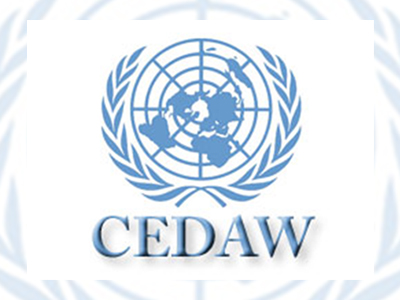 CEDAW, adopted by the United Nations in 1979, defines discrimination against women and sets an agenda for nations to end inequitable laws, policies and practices. Every few years, Singapore reports to the UN on its progress in achieving gender equality, and NGOs are also invited to offer information.
CEDAW, adopted by the United Nations in 1979, defines discrimination against women and sets an agenda for nations to end inequitable laws, policies and practices. Every few years, Singapore reports to the UN on its progress in achieving gender equality, and NGOs are also invited to offer information.
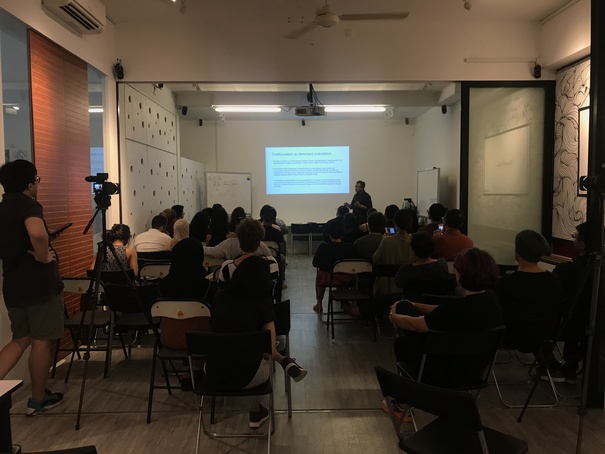


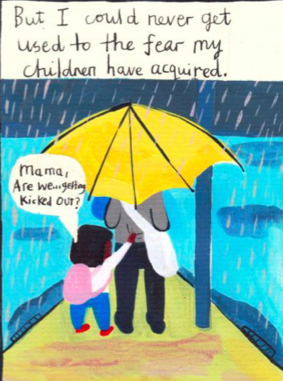

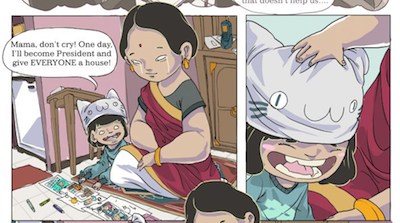 Today, a parliamentary petition – signed by seven single parents – was presented to Parliament, urging changes to HDB’s current housing policies for single-parent families.
Today, a parliamentary petition – signed by seven single parents – was presented to Parliament, urging changes to HDB’s current housing policies for single-parent families.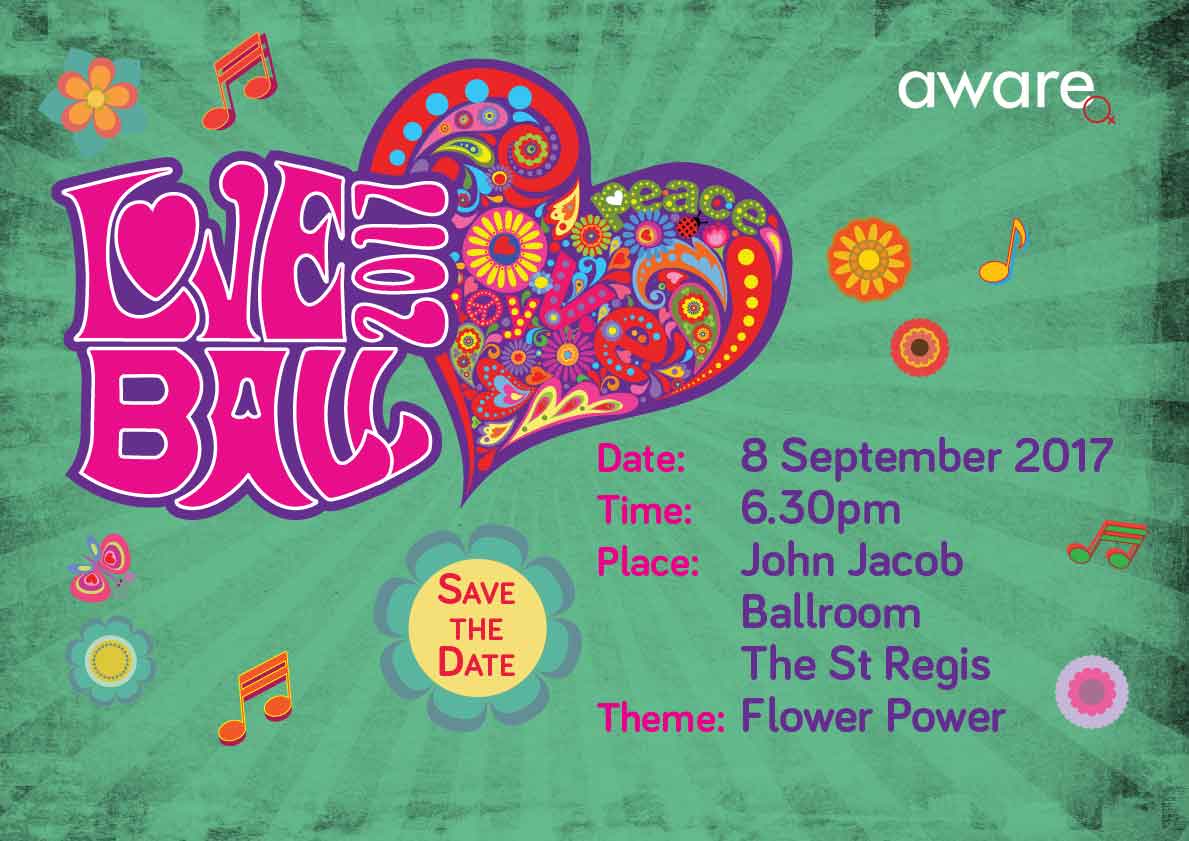 Gender equality group AWARE celebrated 25 years of its Women’s Helpline – Singapore’s only crisis helpline for women – at its annual fundraising gala, the Love Ball, on Friday evening at St. Regis Singapore.
Gender equality group AWARE celebrated 25 years of its Women’s Helpline – Singapore’s only crisis helpline for women – at its annual fundraising gala, the Love Ball, on Friday evening at St. Regis Singapore. 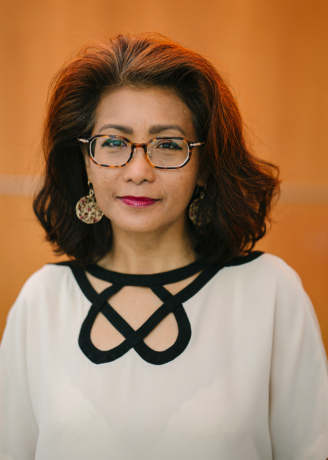

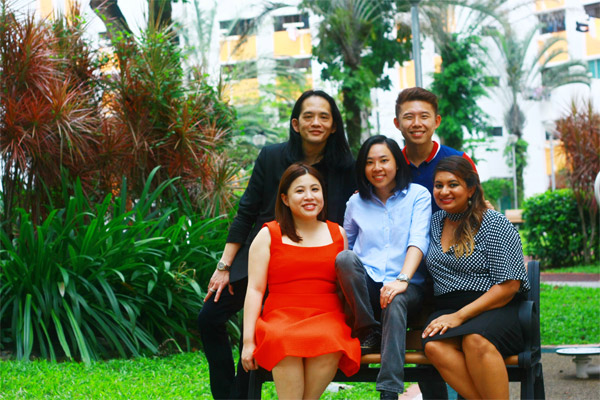 Established in August 2014 and led by Managing Director, June Lim, Eden Law Corporation provides high quality legal services at a Low Bono rate, using a sliding scale fixed fee model on clients’ disposable income. In 2016, 60% of their work was done at a Pro Bono or Low Bono rate. They are powerfully positioned to aid the many vulnerable women they have counted among their clients, including divorcees, survivors of domestic violence and single mothers. The only law firm of this nature in Singapore, Eden Law’s impact on Singapore has the potential to grow beyond its already impressive contributions. Eden Law hopes to encourage other lawyers to offer affordable legal services to women and vulnerable communities.
Established in August 2014 and led by Managing Director, June Lim, Eden Law Corporation provides high quality legal services at a Low Bono rate, using a sliding scale fixed fee model on clients’ disposable income. In 2016, 60% of their work was done at a Pro Bono or Low Bono rate. They are powerfully positioned to aid the many vulnerable women they have counted among their clients, including divorcees, survivors of domestic violence and single mothers. The only law firm of this nature in Singapore, Eden Law’s impact on Singapore has the potential to grow beyond its already impressive contributions. Eden Law hopes to encourage other lawyers to offer affordable legal services to women and vulnerable communities.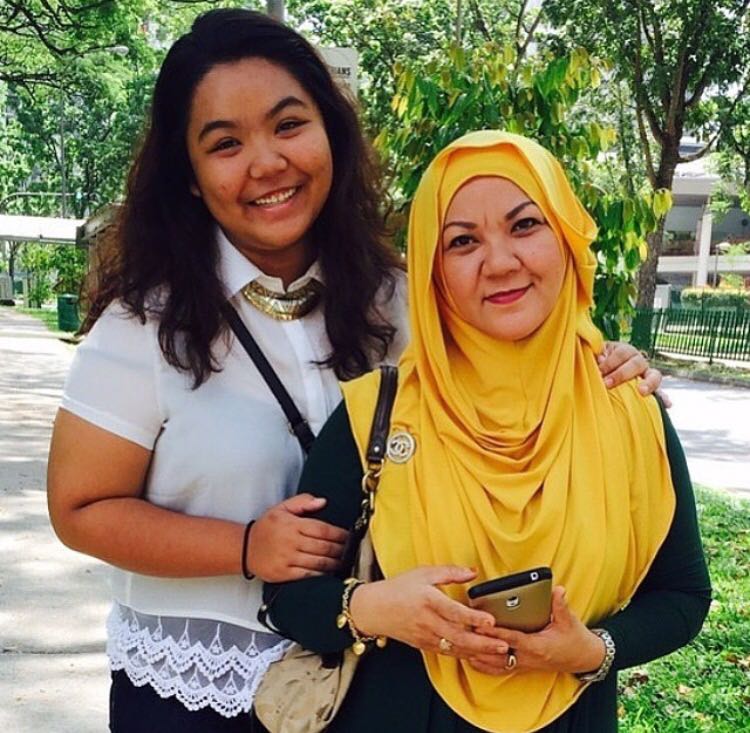 Eleven years ago, Ieshah, a single mother, was struggling to make ends meet, until a friend entrusted her with the management of Cafe Cocoa. Today, Ieshah is the one making a difference in the lives of fellow single mothers, having employed 10 single and low-income mothers over the last ten years through her three hawker stalls. Her compassion and entrepreneurship inspired her daughter, Shaz, who runs a cafe at Ngee Ann Polytechnic, which creates opportunities and provides accessibility for the deaf community. This inspiring mother-daughter team is the perfect example of how compassion from one person can start a chain of events that helps countless others.
Eleven years ago, Ieshah, a single mother, was struggling to make ends meet, until a friend entrusted her with the management of Cafe Cocoa. Today, Ieshah is the one making a difference in the lives of fellow single mothers, having employed 10 single and low-income mothers over the last ten years through her three hawker stalls. Her compassion and entrepreneurship inspired her daughter, Shaz, who runs a cafe at Ngee Ann Polytechnic, which creates opportunities and provides accessibility for the deaf community. This inspiring mother-daughter team is the perfect example of how compassion from one person can start a chain of events that helps countless others. Casa Raudha Women Home, one of the four crisis shelters for women in Singapore, has provided a safe shelter for women escaping abusive relationships, family violence and homelessness since 2008. Over the past nine years, they have housed 760 women and children. Most of these women come from low-income backgrounds with nowhere else to turn to for the support and stability they need. Their strong survivor-centric approach means that those under their care are able to regain control and autonomy of their lives and circumstances, something that many domestic violence survivors have had stolen from them, and independently make decisions that will positively impact not only themselves, but also their children, family and society.
Casa Raudha Women Home, one of the four crisis shelters for women in Singapore, has provided a safe shelter for women escaping abusive relationships, family violence and homelessness since 2008. Over the past nine years, they have housed 760 women and children. Most of these women come from low-income backgrounds with nowhere else to turn to for the support and stability they need. Their strong survivor-centric approach means that those under their care are able to regain control and autonomy of their lives and circumstances, something that many domestic violence survivors have had stolen from them, and independently make decisions that will positively impact not only themselves, but also their children, family and society.